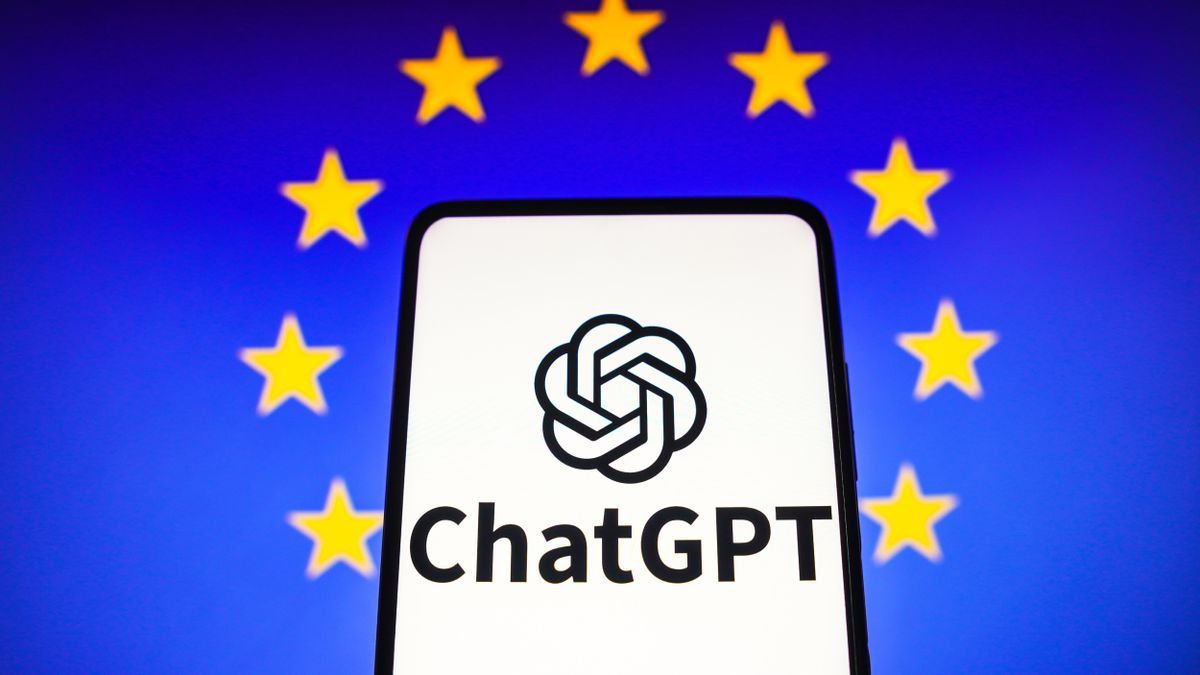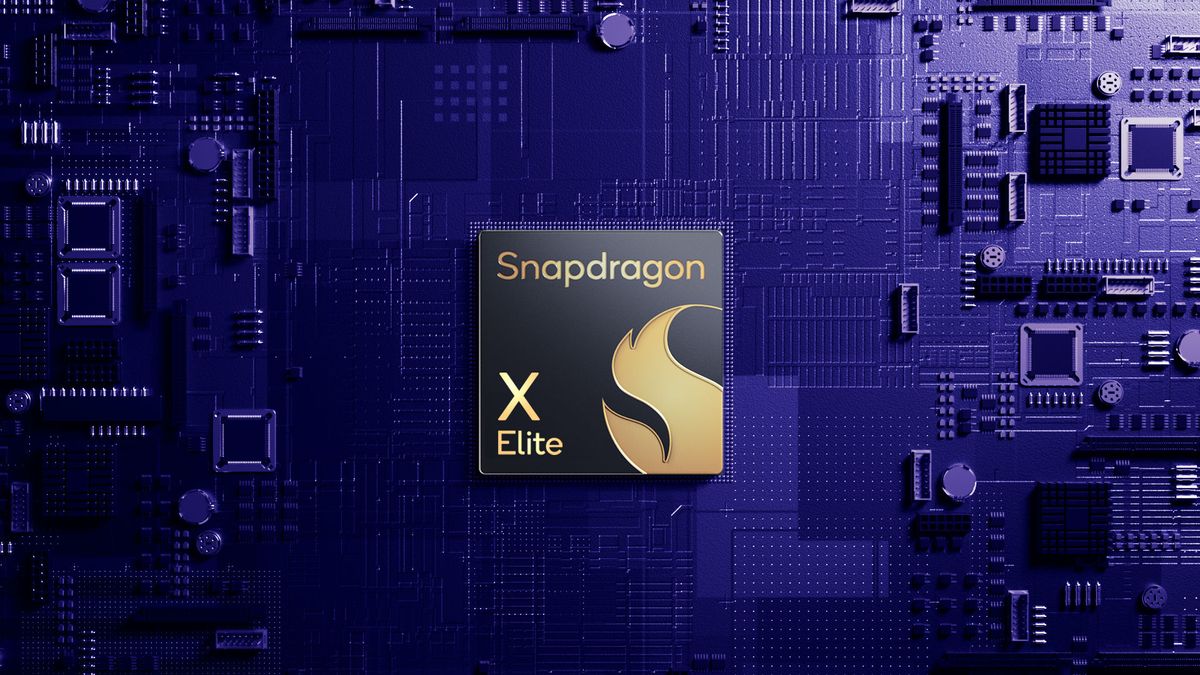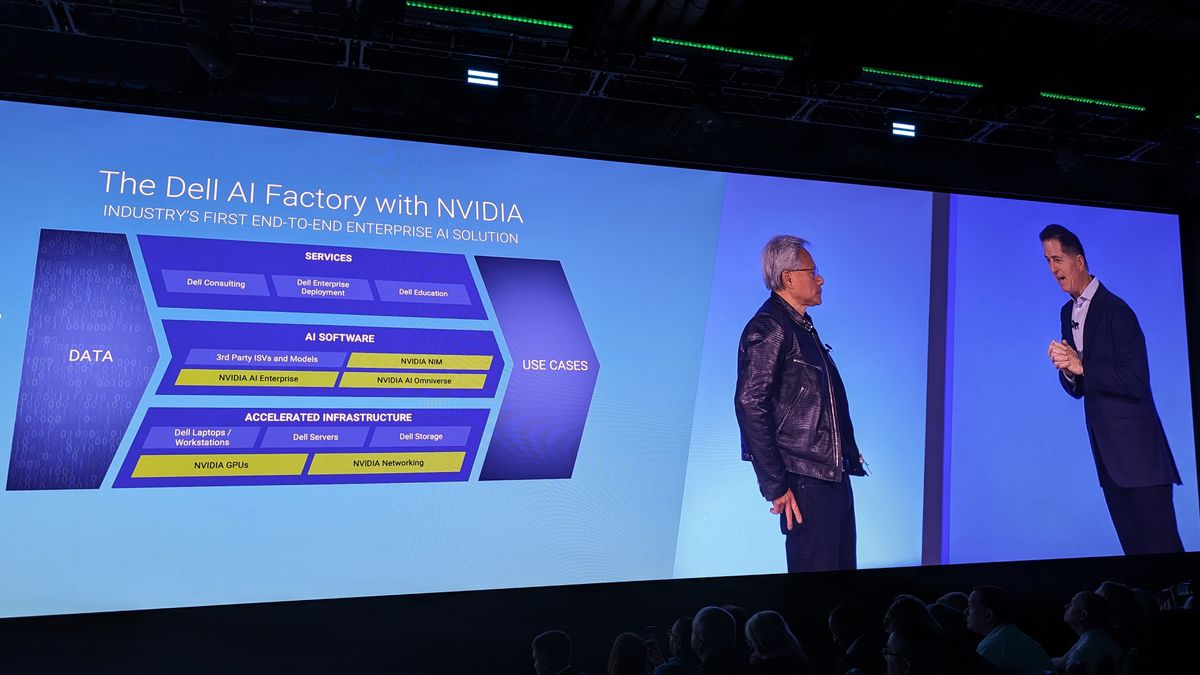The EU has revealed that more than 100 companies have signed up to its new Artificial Intelligence Pact, including tech giants such as Microsoft, Google and Vodafone.
The pact establishes a commitment to three key actions. The first is to adopt a governance strategy to foster the implementation of AI in the organization and work to achieve future compliance with the AI Law.
Second, the companies agreed to identify and map AI systems that are likely to be classified as high risk under the AI Act – these are systems with the greatest impact on people’s lives, such as critical infrastructure, employment services, and law enforcement.
A temporary measure?
Finally, the pact establishes a commitment to promote literacy and awareness about AI among staff, to ensure responsible and ethical development.
As a voluntary commitment, the pact is not legally binding and companies that do not abide by it will not face any penalties. It is worth noting that Meta is not on the list, but the company has said it is open to further discussions.
However, the pact is a precursor to the aforementioned AI Act, which will be introduced in 2026 and will be the largest legal framework for AI in the world.
By 2026, AI platforms are expected to have to comply with copyright laws or face fines of up to 7% of global turnover. Systems identified as “high risk” will have to meet strict requirements, such as activity logging, cybersecurity and risk mitigation systems.
Big tech companies have been the subject of major new EU laws of late, with the Digital Services Act and the Digital Market Act seeking to limit the powers of tech companies and introduce stricter privacy regulations.
The EU has shown it is not afraid to slap huge penalties on organisations that fail to comply with regulations, with companies like Apple simply choosing not to deploy AI features in the EU due to “regulatory uncertainties”.








